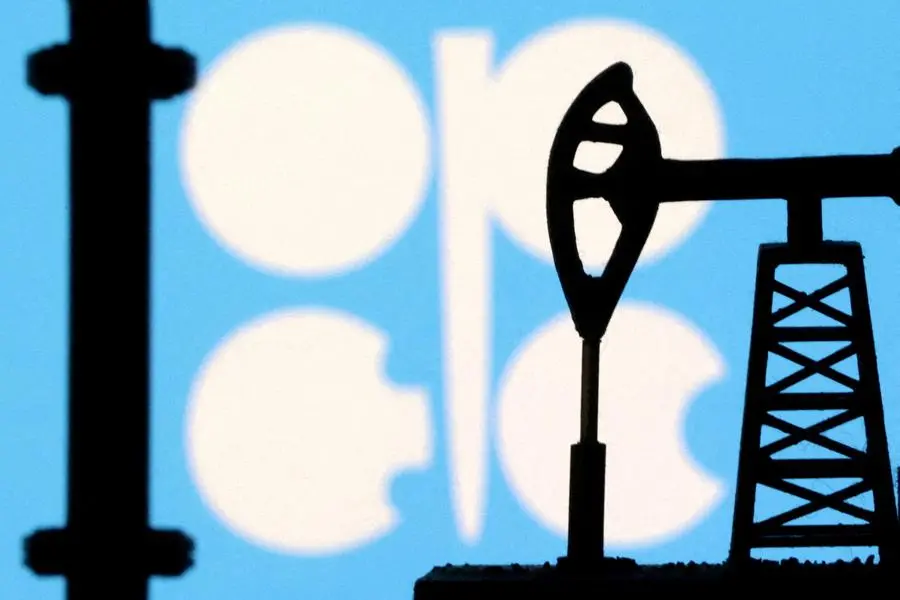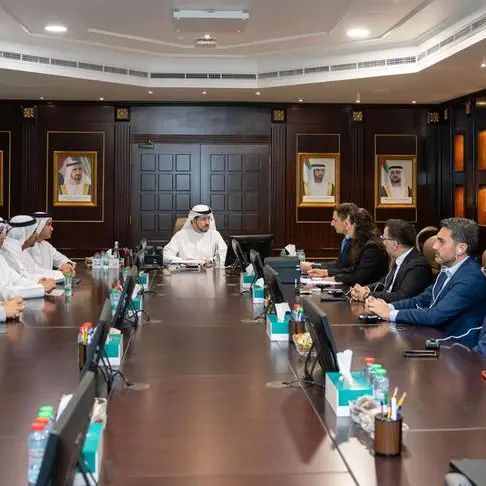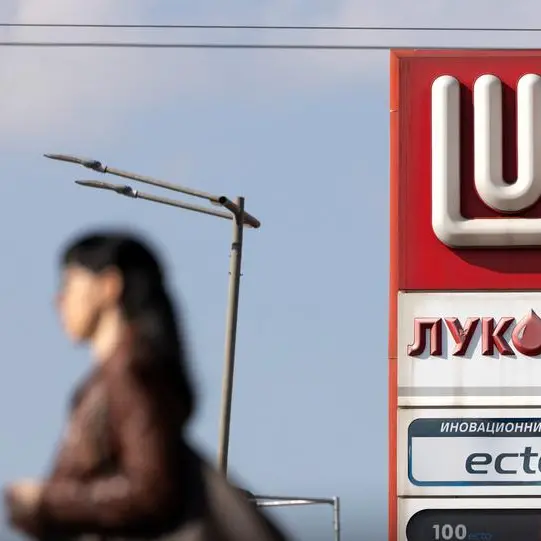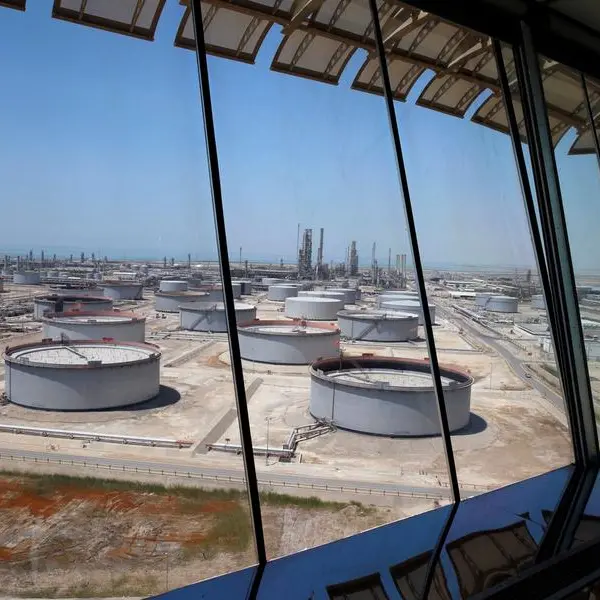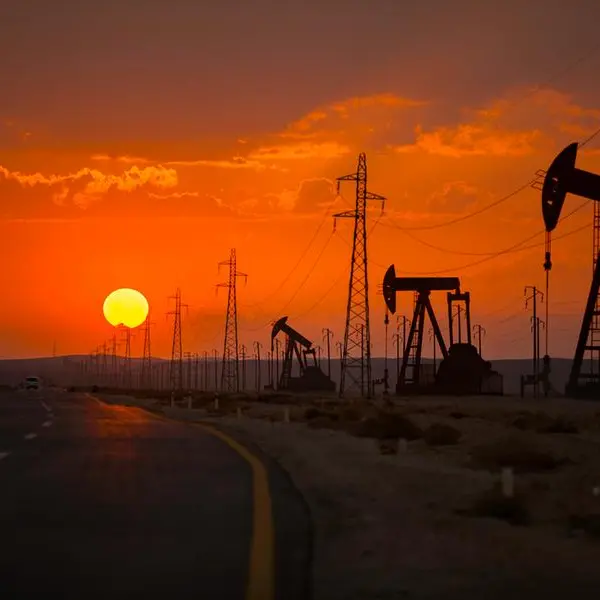PHOTO
VIENNA: Haitham Al Ghais, OPEC Secretary General, said the international organisation does not believe that energy sources are locked in a zero-sum game.
“Reality tells us that oil does not operate in isolation, cut off from other sectors and industries. Rather, such is the versatility of petroleum and petroleum-derived products that they play an indispensable role in a host of other sectors and industries,” OPC Chief said in an article published on the organisation's website.
He dismissed as myth the belief that electrification is often presented as oil’s great rival. “If we are to believe some of the myths perpetuated about the energy industry, electrification and oil operate in silos, sealed off from one another, as they engage in an existential struggle. There can be only one winner,’ myth-makers tell us, with replacement inevitable in the unstoppable momentum towards ‘electrifying everything'.”
He highlighted the array of petroleum and petroleum-derived products used in the electricity sector itself. "I have written before about the importance of such products in power generation: oil products used in wind turbines and solar panels, as well as the many end-use electrical appliances that contain petroleum-derived material.
“It is important to also consider the multitude of petroleum products in the transmission of electricity, which are utilized in manufacturing, maintaining and installing cables, overhead lines, pylons, transformers, substations, and control systems, indeed, in all the components and technologies that make up this vital infrastructure.”
He cited a very clear example on this score related to the insulation materials required to ensure the safety of underground and subsea cables. “These are particularly important in connecting offshore wind farms to the grid. Underground electric cables need insulation sheaths, which often make up around 40% of the weight of the cable. Typical materials used for this purpose include petroleum derived products such as cross-linked polyethylene, polyvinyl chloride, and cross-linked ethylene-propylene polymer.”
Further examples abound, he added: “A vital device in electricity transmission is the transformer. The path of electrical energy from generation, through transmission to end-use can only be completed safely if there is the correct voltage level at each stage of the process. Transformers are crucial, as they transfer electrical energy from one electrical circuit to another circuit or multiple circuits, either stepping up or stepping down voltage levels.”
He noted the importance of considering the quantity of the materials required under ambitious targets, “given that electrification is a cornerstone of most net zero plans. The world currently generates between 27,000 and 30,000 Terawatt hours (TWh) of electricity. "
He cited a research by the Energy Transitions Commission, in a report entitled, ‘Making Clean Electrification Possible: 30 Years to Electrify the Global Economy’. “This would need to increase to between 90,000 and 130,000 TWh to achieve net zero greenhouse gas emissions by 2050. That is a 3.5 to 5-fold increase in electricity generation in a less than 30-year timeframe.”
He concluded by saying that OPEC Member Countries have clear national electrification plans, which is part of a shared belief that all sources of energy will be necessary to meet future demand growth, reduce emissions, tackle energy poverty and ensure energy security: “We believe oil will continue to be a vital component of future energy pathways and this is exemplified by the fact petroleum products are essential for the functioning of other sectors, such as electricity.”
